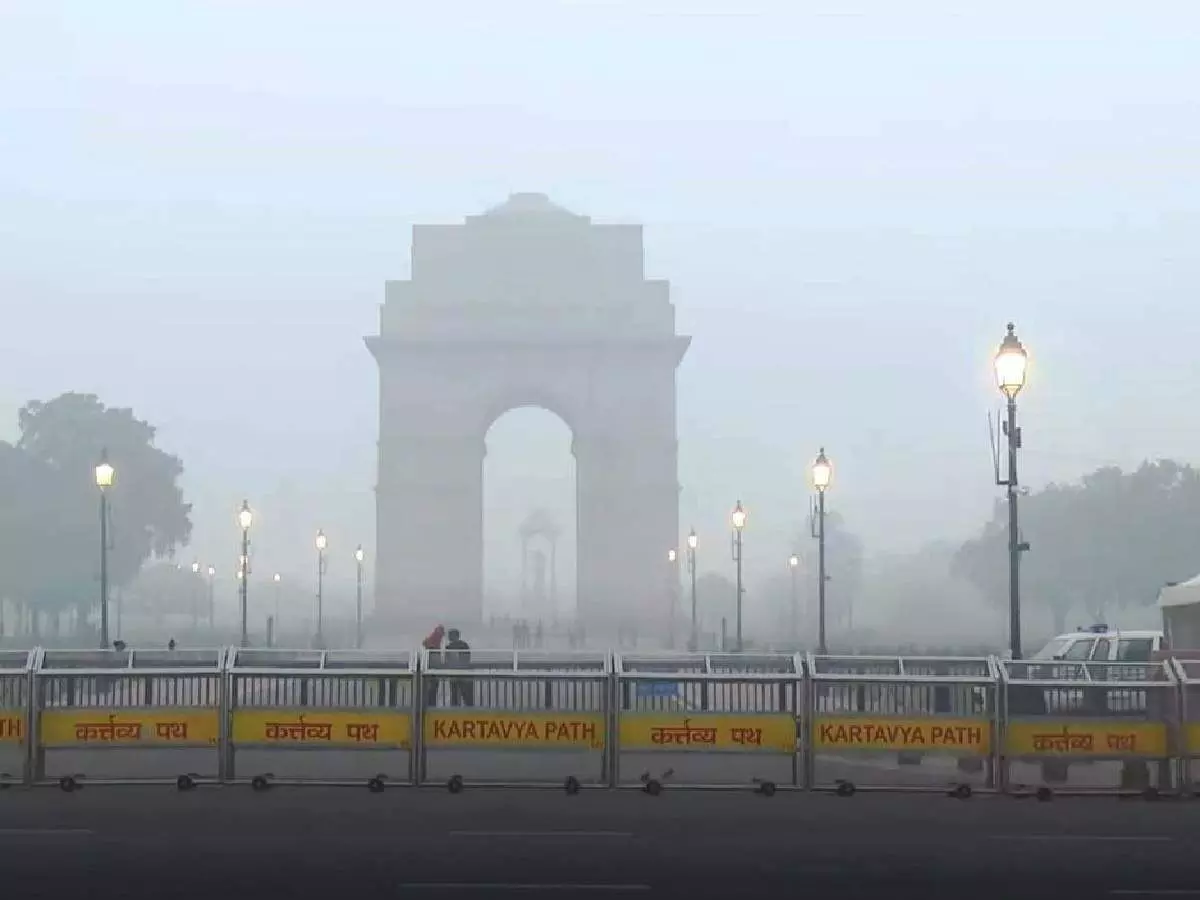Delhi's Air Quality Deteriorates to 'Very Poor' Again, AQI Hits 364
On Diwali, the city’s 24-hour AQI reached 339 by 4 PM, increasing to 362 the following day.
Delhi Pollution

On Sunday, the national capital experienced a significant decline in air quality, with the index slipping into the “very poor” category just a day after a brief improvement. As of 7 AM, Delhi's air quality index (AQI) was recorded at 364, worsening from 290 in the ‘poor’ category the previous morning.
Among the 26 air pollution monitoring stations in the city, Nehru Nagar reported an alarming AQI of 431, categorising it as “severe,” followed closely by Anand Vihar at 427.
The India Meteorological Department (IMD) has forecasted that air quality will remain in the ‘very poor’ category until Tuesday, November 5, with a similar outlook for the following six days.
To clarify the AQI scale: 0-50 is “good,” 51-100 is “satisfactory,” 101-200 is “moderate,” 201-300 is “poor,” 301-400 is “very poor,” 401-450 is “severe,” and above 450 is “severe plus.”
On Diwali, the city's 24-hour AQI reached 339 by 4 PM, increasing to 362 the day after the festival, according to the Central Pollution Control Board (CPCB).
In nearby Ghaziabad, the 24-hour average AQI was also categorised as “very poor” at 330. Meanwhile, Gurugram, Greater Noida, and Noida fared slightly better, with AQIs of 209, 250, and 269, respectively, placing them in the “poor” category.
Lucknow also saw a decline in air quality, registering an AQI of 327 and expected to remain in the ‘very poor’ range until Tuesday, according to IMD.
In Pune, air quality was noted in the ‘poor’ category with an AQI of 236 this morning, but a slight improvement to the ‘moderate’ category is anticipated later in the day.
Conversely, Mumbai’s air quality remained in the ‘moderate’ range with an AQI of 141, although it is expected to deteriorate to the ‘poor’ category later.
Bengaluru enjoyed a comparatively better status, with air quality classified as ‘satisfactory’ at an AQI of 75, expected to remain stable.

